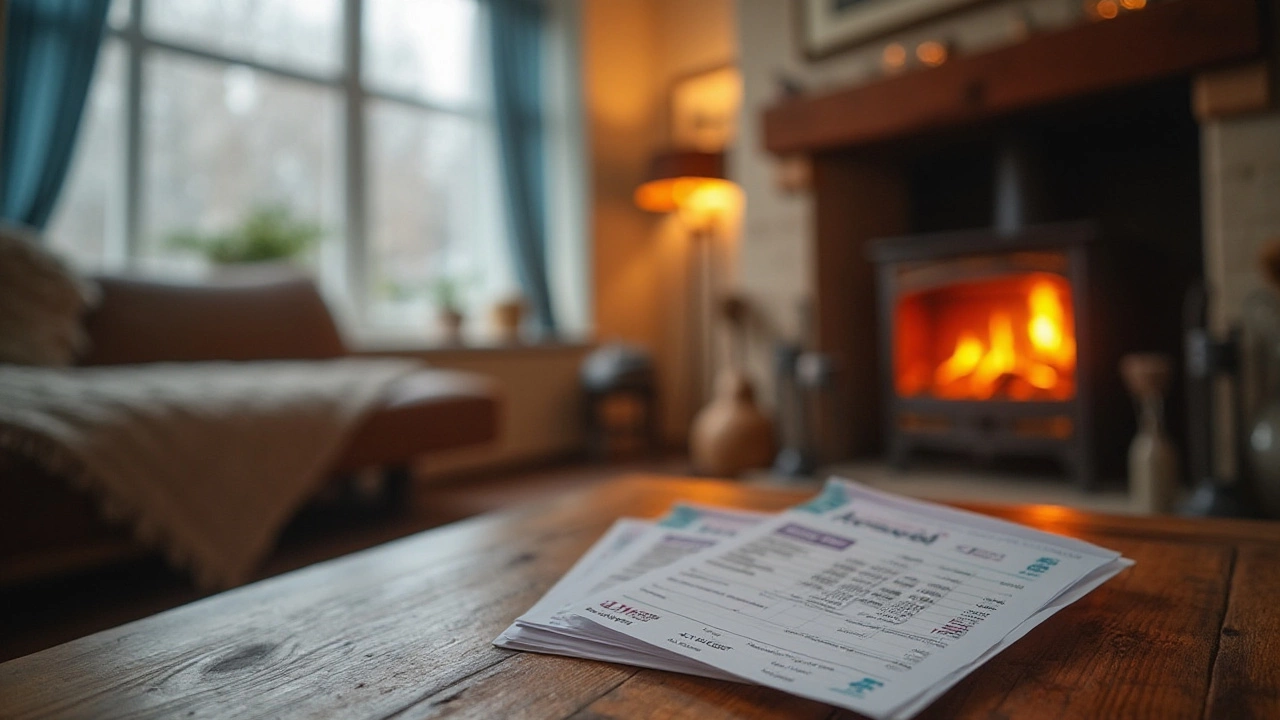That surprise spike in your energy bill? It's probably your appliances working way too hard. The good news? You don't need to buy new gadgets to fix it. Simple, everyday habits make your appliances run smoother, last longer, and save you cash—no fancy tech required.
Think of your water heater like a car with a clogged engine. When sediment builds up at the bottom, it makes the heater work twice as hard to warm your water. That means higher bills and a shorter lifespan. Same with your boiler—if it's not getting regular checks, it'll cycle on and off too much, wearing itself out faster. And your fridge? If the door seal's worn or coils are dusty, it's running constantly just to keep things cold. You'll notice it humming louder, and your groceries might start spoiling.
Here's the real kicker: these small efficiency leaks add up fast. A water heater full of gunk can waste 10% of your energy. A fridge with a bad seal might cost you £50 extra a year. Fixing them early is way cheaper than replacing the whole appliance. And nobody wants to be stuck with a broken fridge in the middle of summer.
Start with your water heater. Flush it once a year—just 15 minutes with a garden hose. It removes the gunk that makes it work harder. If you're not sure how, ask your local repair guy; they'll show you or do it for a small fee. It's like giving your heater a quick refresh.
For your boiler, schedule a service once a year before winter hits. It's cheap insurance against freezing nights. And for your washing machine, check the drum every few months. Lint and soap scum buildup make it use more water and energy. A quick wipe-down fixes it in minutes. Don't forget your dryer—clean the lint trap after every load. It's not just safer; it makes the dryer run faster and use less power.
These little habits cost almost nothing but pay off big. They keep your appliances running like new, cut your bills, and prevent those 'oh no' moments when something breaks down. Efficiency isn't about buying new stuff—it's about getting the most out of what you already have. And that's how you save money without the stress.
Posted by
Orin Trask
0 Comments

Discover when a heat pump may lose its efficiency by understanding the specific temperatures that affect its performance. This article explores how heat pumps work, the factors that impact their efficiency, and provides tips to maintain their effectiveness in varying climates. Learn about the limitations of heat pumps in extreme temperatures and the signs to look for when your unit is struggling. Equip yourself with the knowledge to keep your home comfortable and your energy bills low.
read more